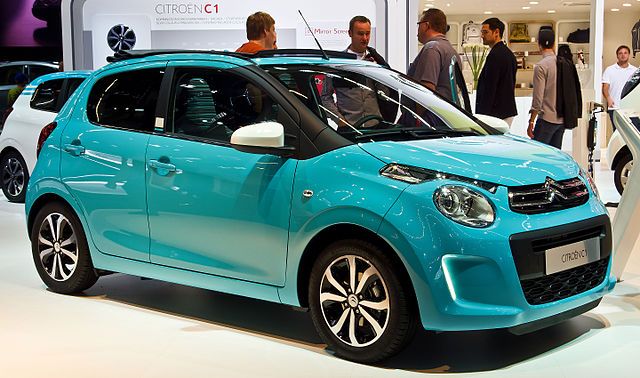With the support of Dansk Folkeparti, the Danish government has found a way to break the deadlock over registration tax for new cars – much to the relief of car dealers who have been complaining that sales have completely stagnated.
READ ALSO: Government looking to reduce car registration tax with new package
The current system means that for a car costing up to 106,600 kroner, the tax that is at present set at 105 percent of the car’s value will be reduced to 85 percent. At the higher end, the present 150 percent tax currently in force will be maintained, but the amount that triggers it will be raised to 185,000 kroner.
Safer cars should be cheaper
Factors such as the environmental impact of the car, as well as its safety equipment, will also play a part in the final price. So although the agreement will reduce the cost of a new car in general terms, there are some models that will actually rise in price.
In the small car bracket, the government’s example shows the price of a Citröen C1, which at present costs 94,900 kroner, increasing by 7,900 kroner. On the other hand, a VW Passat costing 458,400 kroner at present will fall in price by 58,300 kroner.
“Of all the cars registered, 90 percent will come in under the low tax bracket,” said the finance minister, Kristian Jensen, according to DR Nyheder.
As well as reducing registration tax, tariffs over the Great Belt Bridge will be reduced and a motorway in west Funen will be expanded to three lanes.
“This agreement will make it cheaper to buy a family-friendly and safe car as well as ensuring a permanent solution to the congestion problems on west Funen’s motorway system,” added Jensen.
In with toll roads
However, in order to finance the agreement, it has been decided that from 2020, it will no longer be free to drive on Danish roads. A toll system will be implemented resembling the one used in Germany that costs motorists around 1,000 kroner per year, reports Politiken.
The system will hit foreign motorists hardest, as everyday expenses that Danish car-owners pay will be reduced at the same time. “That means that in reality it will be foreign motorists, who won’t receive compensation, who will pay,” said Jensen.
However, he could not guarantee that some Danes would not also be hit, as the final agreement has not yet been worked out.
“I don’t know every type of car well enough to guarantee that there won’t be one or two people hit by this, but Danes will receive compensation that equates to the rises in tariffs.”
More tax deductions?
Under current, quite complicated rules, commuters get a travel allowance, ‘fradrag’, and also a small tax reduction on their expenses, ‘befordringsfradrag’ – a long-standing arrangement designed to encourage Danes to live in rural areas and consider jobs remotely located.
It is believed Jensen will alter the allowance and reduction to protect most Danish motorists from the tariffs.
Earlier this year, fradrag was extended to include cyclists with a daily commute of over 24 km, and earlier this month, Alternativet said it would like to reduce this to 12 km.















